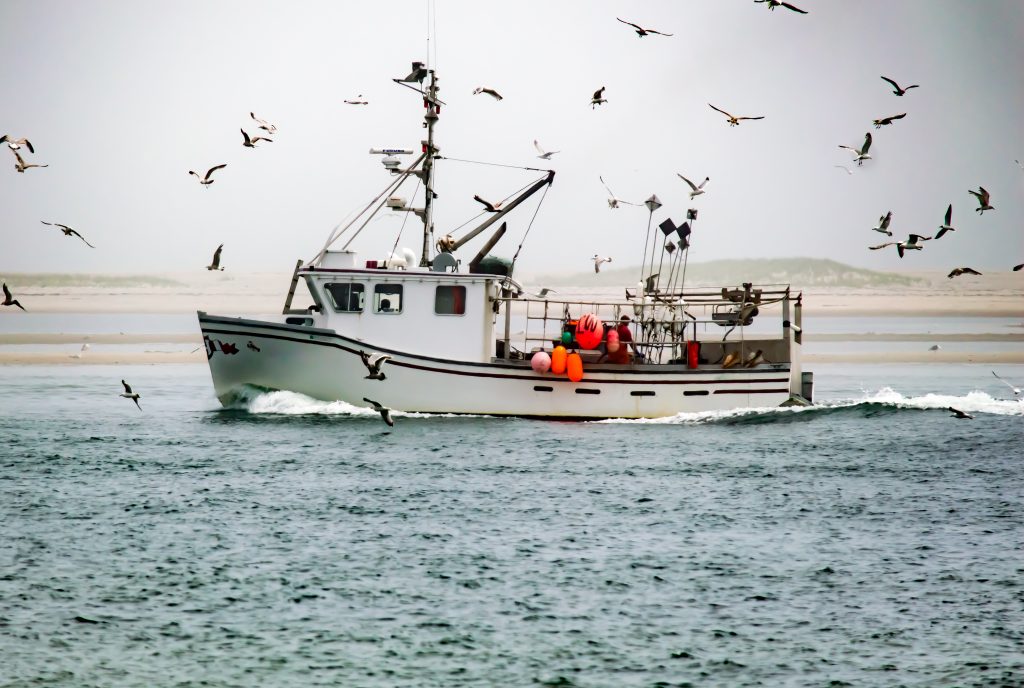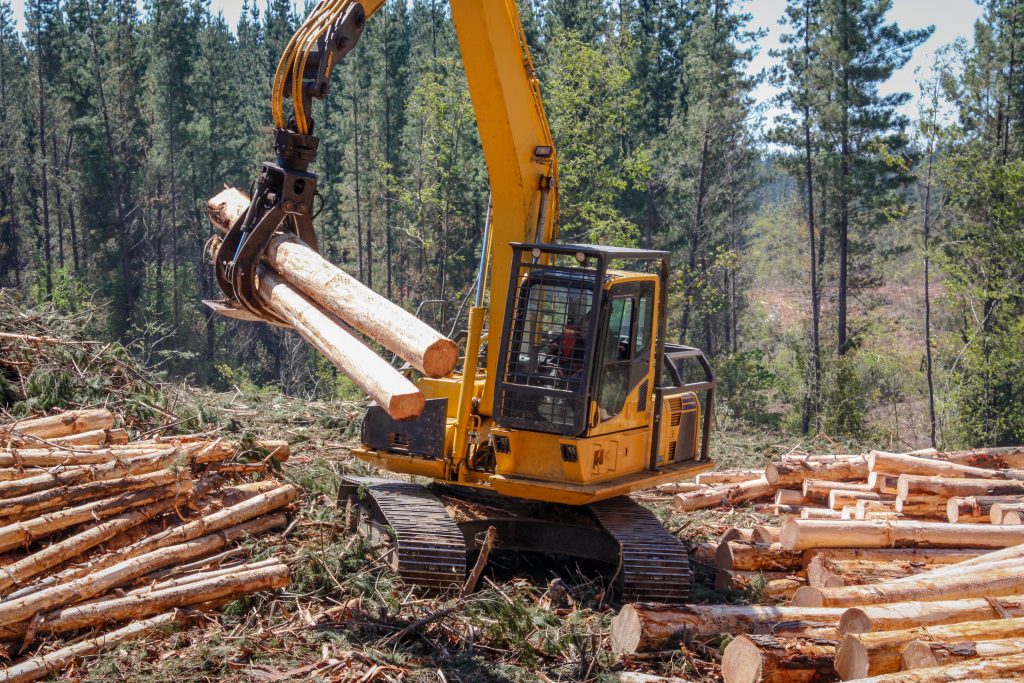Mission Statement
Our Mission Statement is that of the Federal Economic Development Administration:
“To lead the federal economic development agenda by promoting innovation and competitiveness, preparing American Regions for Growth and Success in the worldwide economy”
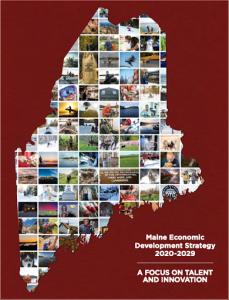
In December 2019, the state of Maine established a 10-year economic development plan that identified two focus areas of talent and innovation. For the talent piece, Maine’s workforce is poised to lose 65,000 individuals due to aging. As such, the state desires to fully replace them and add an additional ten thousand workers for a grand total of 75,000 new people in Maine’s workforce. The state hopes to also be at the forefront of innovating in the areas of renewable energy, forest products, and sustainable and regenerative agriculture. In order to fully implement the plan, the commission identified seven strategies to bring the plan to fruition:
- Grow Local Talent. By building sound educational infrastructure and providing support for adult workers, talented workers will be encouraged to stay in the State.
- Attract New Talent. Encourage tourists and immigrants to stay in the state by expanding the education opportunity tax credit, support new families, and invest in infrastructure that makes the state desirable to those from outside the state.
- Promote Innovation. Provide support for research and development within the state’s Universities and private laboratories.
- Build Connections. Build more stable rural access to high speed internet infrastructure to provide for greater opportunity for education, training, and entrepreneurship.
- Providing Supporting Infrastructure. In addition to education and internet access, invest in childcare, housing, and transportation infrastructure.
- Maintain Stable and Predictable Business Rules. Set efficient rules and regulations regarding environmental and safety standards that are transparent and easy to understand.
- Promote Hubs of Excellence. Work with local levels of government to create the conditions necessary for economic development and growth such as cultural and social diversity, research laboratories, affordable housing, immigration accommodations, and quality health services.
While initial implementation was delayed due to the COVID-19 pandemic, the EDA center has been working to assist the state and its stakeholders in assessing workforce needs and encouraging innovation strategies.
Coming Soon…

Dr. Andrew Crawley
Center Director
Dr. Crawley is an associate professor of regional economic development in the School of Economics at the University of Maine and serves as Director of the EDA University Center. He received his Ph.D. in Economics from the University of Glamorgan, and specializes in economic modeling and policy analysis. His Current work focuses on regional labor market matching processes as well as macro regional analysis. Dr Crawley has authored over 60 economic impact studies in three continents, and is currently a coPI or PI on NSF, USDA and NOAA funded research grants.
Contact Andrew: andrew.crawley@maine.edu

Dr. Taylor Lange
Dr. Lange is a Research Associate at the Margaret Chase Smith Policy Center and received his Ph.D in Ecology & Environmental Science with an M.S. in Resource Economics and Policy from the University of Maine. He also has a Masters degree in Geography from the State University of New York at Binghamton. He previously served as an Oak Ridge Institute for Science and Education Economics and Social Science Post-Doctoral Fellow in the EPA’s Office of Land and Emergency Management. He takes the lead on engagement with external stakeholders around issues related to community planning and economic development. His research focuses on the economics of cooperation in common pool resource management as applied to climate change adaptation in regional planning, the food system, and the restoration of contaminated land.
Contact Taylor: taylor.z.lange@maine.edu
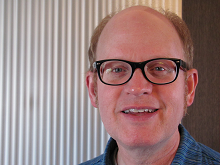
Dr. Todd Gabe
Dr. Gabe is a Professor of Economics at the University of Maine and author of the book, The Pursuit of Economic Development: Growing Good Jobs in U.S. Cities and States. He earned his Ph.D. in Agricultural economics from The Ohio State University, a Masters in Applied Economics from the University of Minnesota, with a Batchelors from Furman University. Dr. Gabe was awarded the University of Maine Presidential Public Service Award in 2004; and the College of Natural Sciences, Forestry and Agriculture Outstanding Public Service Award in 2005. Professor Gabe has over 20 years of experience teaching and conducting research on regional economic development, and has published over 150 journal articles, book chapters and technical reports.
Contact Todd: todd.gabe@maine.edu
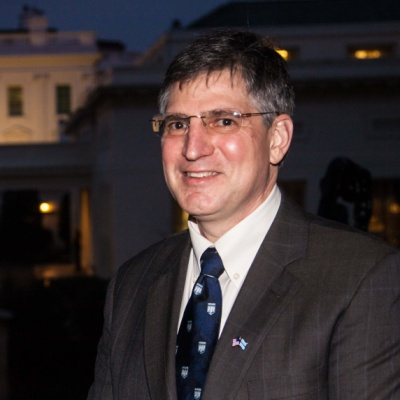
Dr. Jonathan Rubin
Dr. Rubin is the Director of the Margaret Chase Smith Policy Center and Professor of Economics at the University of Maine. He received his Ph.D. in Agricultural Economics in 1993 from the University of California, Davis, and was a Fulbright Scholar at the Clean Energy Research Center, University of Botswana and a Visiting Fellow at the Cambridge Center for Climate Change Mitigation Research, University of Cambridge.
Contact Jonathan: rubinj@maine.edu

Richard Bilodeau MBA
Mr. Bilodeau oversees USM’s Center for Business and Economic Research, is the faculty chair of USM’s Hussey Leadership Institute, and serves on the advisor groups for USM’s Honors Program and Maine Economic Improvement Fund Entrepreneurial Training Program. In addition, he teaches undergraduate and graduate courses in entrepreneurship, creativity, design thinking, business sustainability, strategy, and marketing at the University of Southern Maine (USM) and University of Maine. Richard attended both the University of Vermont and the University of Southern Maine and holds an MBA with a concentration in marketing. He has completed post-graduate studies in AI and machine learning, design, statistics, endocrinology, and neurobiology, and was certified in Histochemistry.
Contact Richard: richard.bilodeau@maine.edu
Work with us
Do you have questions about how your community is doing with economic development? Are you interested in having the economic impacts of new industry or the current economic contributions of existing businesses? Do you have interesting work or research ideas related to economic development that you’d like us to conduct? Fill out our contact form and we’ll reach out to schedule a consultation with you!

